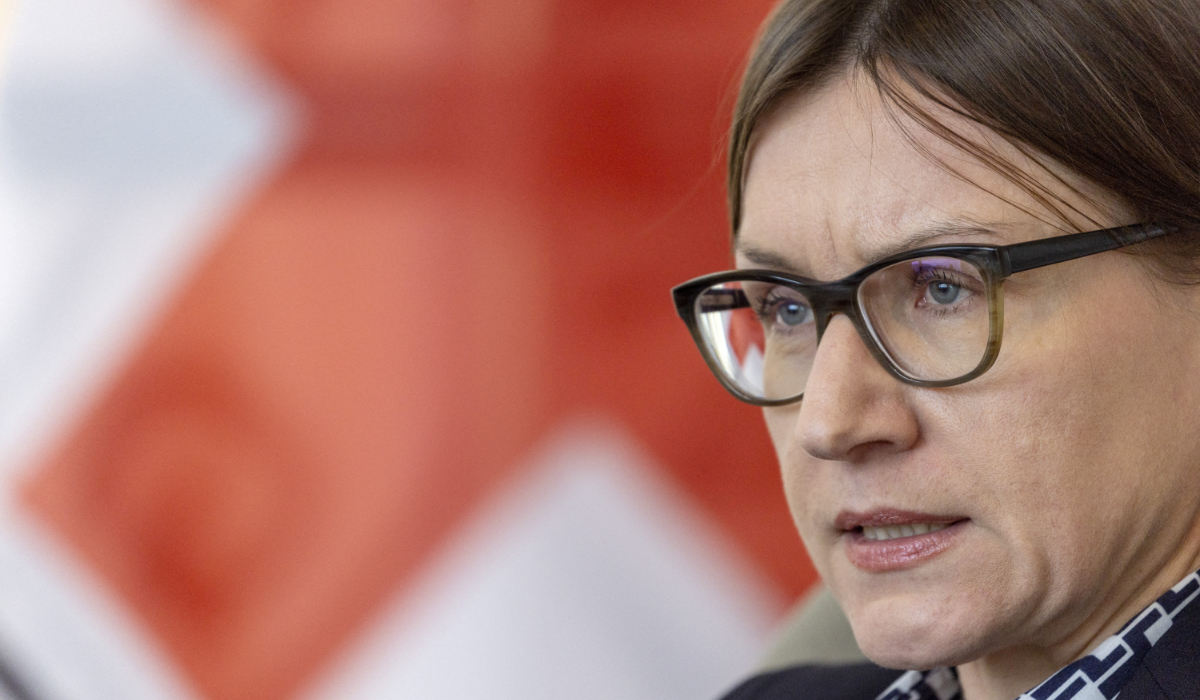ANKARA: After Turkey’s ruling Justice and Development Party (AKP) lost control of Istanbul in the rerun of the city’s mayoral election this week, there are two big questions to be answered: Where did President Recep Tayyip Erdogan go wrong with his strategy, and does the defeat represent the start of a permanent shift in the balance of power in the country?
Many experts view the June 23 victory by Ekrem Imamoglu, of the Republican People’s Party (CHP), as a stinging blow to Erdogan and his leadership. Some suggest it could even mark “the beginning of the end” for the president; his own rise to power began when he was elected the city’s mayor in 1994 and he has repeatedly said that “whoever wins Istanbul wins Turkey.”
Imamoglu’s defeat of rival Binali Yildirim, by about 800,000 votes, ended 25 years of AKP domination in the city.
“No individual or power can stand in the way of the will of the people,” Imamoglu told Christiane Amanpour during an interview broadcast by CNN on Wednesday night.
The underlying causes of Erdogan’s change of fortunes are now under scrutiny. AKP politician Mustafa Yeneroglu posted a message on Twitter soon after the election result was announced in which he said his party lost because “it has lost its moral superiority.”
While it is still too early to predict whether the AKP’s defeat, in a city that is home to 16 million people, represents a political sea change, rumors are growing in Ankara of plans by two of Erdogan’s former ministers, Ahmet Davutoglu and Ali Babacan, to form a new splinter party. It is reportedly backed by former President Abdullah Gul and could be launched by early autumn.
“The primary cause of the Erdogan’s defeat is that the Turkish economy is collapsing,” said Soner Cagaptay, director of the Turkish Program at the Washington Institute.
With inflation running at an annual rate of about 19 percent and the official unemployment rate exceeding 14 percent, it was inevitable that there would at some point be a price to pay for the economic deterioration.
Erdogan has won numerous elections since 2002 on the basis of strong economic growth, Cagaptay said, but his ability to build support has suffered as a result of economic mismanagement. Many of the people who previously were attracted to his populist rhetoric are simply not buying it anymore, he added.
“Erdogan is a populist leader who has consistently demonized, brutalized and cracked down on demographics who are unlikely to vote for him,” Cagaptay said.
Experts also point to a “fatigue” and internal disputes within the party as contributing factors.
During his early political career, Erdogan represented to his supporters the idea of “change” and a forward-looking approach. At that time, he was appealing to those who felt dispossessed by the old political order.
“But this is no longer the case,” Cagaptay said. “Erdogan has ruled Turkey longer than any other democratically elected leader and now it is really hard for him to make an argument that he represents change, because he owns Turkey’s problems, from a collapsing economy to nepotism and allegations of corruption.”
The primary cause of the Erdogan’s defeat is that the Turkish economy is collapsing.
Soner Cagaptay, Director of the Turkish Research Program at the Washington Institute for Near East Policy
The AKP lost some of its previously loyal base in Istanbul’s religious districts, such as Eyup and Fatih, which were known as AKP fortresses. The voters abandoned the party in favor of the opposition candidate Imamoglu, who is known for his secular but conservative and religiously sensitive credentials.
He won the first mayoral election, on March 31, by the much slimmer majority of 13,000 votes. According to Cagaptay, when Erdogan forced the annulment of that result — accusing the opposition candidate of stealing votes — it helped to transform Imamoglu into the new face of politics, the role that Erdogan himself once embodied.
“Because Erdogan now represents the establishment, it is Imamoglu who represents change and stands for those who feel marginalized and dispossessed by the system,” he added.
In a deeply polarized country, Imamoglu appealed to a number of segments of society from a wide range of political and social backgrounds — including secularists, the devout, nationalists and Kurds — by delivering an inclusive message of unity. Some will inevitably consider that his victory in Istanbul makes him a potential rival to take on Erdogan during his presidential run in 2023.
Istanbul is not the only significant defeat suffered by the AKP; it also lost control of the capital Ankara and a number of other important areas, including the southern provinces of Antalya, Adana and Mersin, in the March elections.
Marc Pierini, a visiting scholar at Carnegie Europe, believes that from a European viewpoint, the reason for the massive defeat suffered by the AKP in Istanbul can be linked to two main factors.
“The first is the dire economic situation in which Turkey’s economy currently finds itself,” he said. “The predominant perception, in the EU and in Turkey alike, is that the policy mix and the economic team are not up to the task and, therefore, need some major adjustments.”
Changes in economic policies will be futile, however, if they are not accompanied by substantial changes in the political governance, he added.
The second factor, according to Pierini, was the annulment of the March 31 election result based on dubious motives, which was the step too far in terms of the rule of law.
“The degradation of Turkey’s political governance has been steep for several years and is entirely driven by its president,” he said. “It now appears that there was a massive popular reaction against this state of affairs, including among AKP voters.”


























